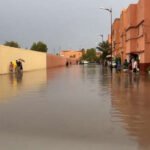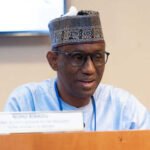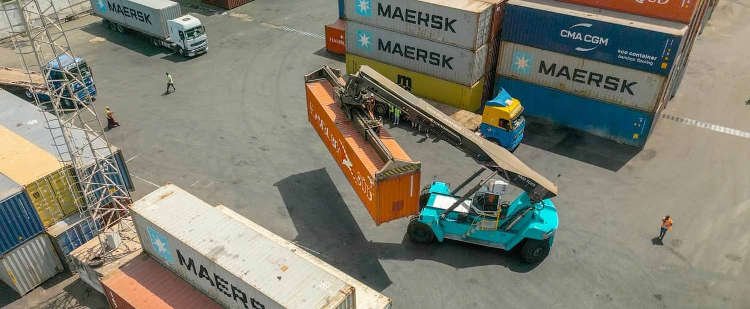Comoros has a great opportunity to improve its economy following the African Development Bank’s (AfDB) $135 million grant award to the country to develop its ports and facilitate regional trade.
Development Diaries reports that the AfDB, in a statement, announced that its board had approved a $135 million package to the country – its largest ever to the Indian Ocean archipelago – to finance a major maritime and regional trade project.
It is understood that Comoros has enormous potential for the blue economy, which includes fisheries, agriculture, and tourism sectors. However, the development of this potential is hampered by the poor quality of port infrastructure, leading to high costs of doing business and increased vulnerability to external shocks.
It is also understood that the country faces modest economic expansion and fiscal issues which have had an impact on long-term growth.
In a 2023 report, the World Bank noted that the country’s economic activity was undiversified, characterised by a small, largely informal, private sector with limited value added.
Labour force participation has been low, and the poor quality of education has persistently undermined the contribution of human capital to productivity growth.
According to the AfDB, the $135 million grant is aimed at supporting the country’s Maritime Corridor and Regional Trade Facilitation Project (PACMFCR) to enable the extension and modernisation of two ports essential to the economic development of its islands and the establishment of a special economic zone.
Comoros has three ports located in Moroni (Grande Comores), Mutsamudu (Anjouan), and Boingoma (Mohéli). Around 90 percent of freight to and between the three islands of the Comoros archipelago is transported by sea.
The project is expected to improve Comoros’ national and international connectivity by upgrading port infrastructure, promoting regional integration and creating an ecosystem conducive to the development of value chains.
It is great to learn that the project caters to gender issues, as it involves the construction of ten fisheries product stores, equipped with solar-powered cold rooms and refrigerated island transport solutions adapted to women’s needs, close to each of the ports.
However, according to the World Bank, public investment management in Comoros faces challenges that require improvement in its monitoring mechanisms.
Improvement is also needed in the country’s public financial management system by increasing transparency and enhancing internal and external control on budget execution.
To facilitate regional trade, the project will support the modernisation of the customs administration, the establishment of a national single window for trade and business facilitation, and the development of a special economic zone to support import and export logistics.
As the project is expected to support the modernisation of the customs administration, the establishment of a national single window for trade and business facilitation, and the development of a special economic zone to support import and export logistics, the country’s government needs to enhance its fiscal transparency, improve public expenditure efficiency, and create an internal audit function within its Ministry of Finance.
Development Diaries calls on the government of Comoros to put in place a monitoring mechanism to effectively track the implementation of the project in line with its design to ensure its objectives are achieved.
We also call on the government to address the concerns related to the country’s public financial management system by increasing transparency and enhancing internal and external control on budget execution to ensure that the project meets its goal of improving the living conditions of the Comorian population and reducing its vulnerability to climate change.
Photo source: AfDB





